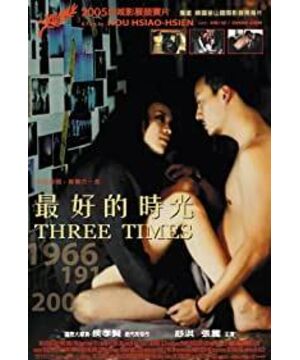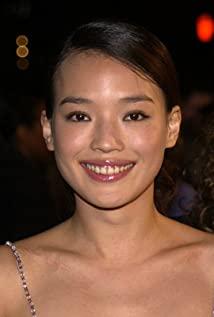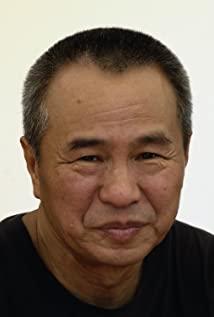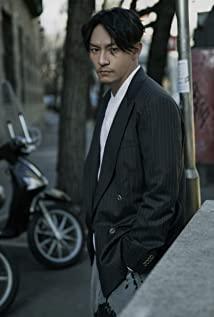Shu Qi and Zhang Zhen are both very tasteful actors. Even if there is no language, one look and one expression can express the mood.
Three dreams, the first one is my favorite. I don't like the third one.
In 1966's "Dream of Love", innocence and transparency are like a first love.
Without meeting Chunzi, Chen Zhen fell in love with Xiumei. Love is so simple, you don't need to ask too many reasons.
The ferry rowed across the blue sea, and the bicycle went up and down. He reunites with her. She laughed wildly. They had dinner together at a roadside food stall. They waited in the rain for the bus to take him back to the barracks. They intertwined their fingers.
I like that "Rain and Tears", but it's not the beatles but the work of a Greek band called Aphrodite's Child.
In 1910's "Dream of Freedom", endless expectations were only exchanged for disappointment.
The poet admired Liang Gong and longed for freedom. Yidan admires poets and waits for redemption. Of course, the poet is willing to pay the 100 silver redemption that Yidanmei can't afford, but he can't give Yidan freedom. The two loves are silent, but they are no match for the ethics and morality of scholars. That line of poetry was heartbreaking, but after wiping away the tears, Yidan would continue to sing here.
The unique design of silent films and subtitles has slowed down the rhythm of the film and gradually filled with infinite resentment and helplessness.
And the last "Dream of Youth" in 2005 was somewhat artificial. The promotional photo of the film is the lingering scene of Shu Qi and Zhang Zhen in this segment. I don't know if it is because of market considerations that there is only such a picture, or even such a dream.
This passage is adapted from Ouyang Jing's personal experience. The girl who was born in 1983 is so amazing that people dare not look directly. Her tattoos, epilepsy, high IQ, sexual orientation, progressive blindness in her right eye, pale makeup, and an entertainer's mother are all cause for concern. But it is too difficult to express decadence, bisexuality, ego, sickness, etc. in just over an hour. In my opinion, Ouyang Jing herself is not a weird girl who gave up on herself, she just failed to fit in with the society. Nor is her rebellion a posturing fashion, and only those who have experienced it understand the pain. But I think she will keep up with the beat after all, which can be predicted from the show she is hosting who is more and more like to clarify everything and not to trick herself.
In addition to the rebelliousness that is not in harmony with youth, there is also warmth. Hou Xiaoxian, who obviously did not experience this "best time", exaggerated the former. Electronic music, lomo, discos, suicide threats, all make youth seem superficial. This dream reminded me of "The Scream", and I had a similar feeling, but Yu Xianyong unearthed the power behind it, just like the power revealed in Munch's "The Scream".
View more about Three Times reviews









